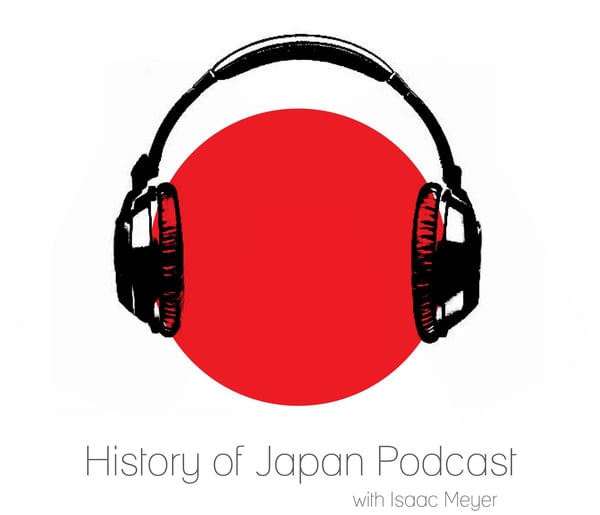Episode 546 - The Extreme Right in Postwar Japan, Part 2
History of Japan
Isaac Meyer
4.8 • 744 Ratings
🗓️ 20 September 2024
⏱️ 35 minutes
🧾️ Download transcript
Summary
This week, we're continuing last week's footnote on the postwar ultraright. How did the fall of the Soviet Union affect the anti-communist focus of the extreme right? How has its rhetoric been shaped by an odd relationship with the left? And how does modern extreme rightism manifest in the ideas of men like Kobayashi Yoshinori and groups like Nippon Kaigi?
Show notes here.
Transcript
Click on a timestamp to play from that location
| 0:00.0 | Hello and welcome to the history of Japan podcast, episode 546, The Extreme Right in Post-Wore Japan, part two. |
| 0:26.6 | On December 25, 1991, the Soviet Union ceased to exist. Its end, honestly, was not very dramatic, consisting simply of the handover of government powers, |
| 0:39.1 | including nuclear codes, by Soviet Premier Mikhail Gorbachev to the new Russian president, Boris Yeltsin, |
| 0:45.7 | the lowering of the Soviet flag, and a vote within the Supreme Soviet, the legislature, to dissolve the government. |
| 0:53.1 | Really, by this point, the drama had already happened, with the breakaway of many of the |
| 0:58.1 | Soviet republics like Latvia, Ukraine, and Georgia, the dissolution of puppet regimes in Poland, |
| 1:04.0 | East Germany, and elsewhere, and the failed August 1991 coup by Soviet hardliners, hoping to |
| 1:10.6 | take over the government and roll the clock back. |
| 1:13.7 | The final end of the USSR was compared to all of that, far more of a whimper than a bang, |
| 1:19.4 | and to be honest, that was probably a good thing. |
| 1:23.5 | Now, I've heard it said many times that the hardest part about understanding history is that |
| 1:28.7 | we know how things end. |
| 1:30.6 | And here in particular, that's very true. |
| 1:33.8 | Nobody really expected the USSR to implode as quickly as it did, and for such a long time, |
| 1:40.4 | Soviet power was treated by so many people outside of the communist world as an existential threat. |
| 1:47.2 | The notion that the USSR was planning revolution worldwide, that it was a threat to every |
| 1:53.0 | government around the world that wasn't already aligned to its side of the Cold War, |
| 1:57.3 | and that its ambitions could trigger a nuclear third world war, had been embedded into |
| 2:01.9 | cultural consciousness for half a century. |
| 2:05.1 | Now that threat was just gone, and that absence changed the world landscape in a great many |
| 2:10.9 | ways. |
| 2:12.6 | One of those changes was a dramatic remaking of Japan's ultra-right, the disparate hardline nationalists |
... |
Please login to see the full transcript.
Disclaimer: The podcast and artwork embedded on this page are from Isaac Meyer, and are the property of its owner and not affiliated with or endorsed by Tapesearch.
Generated transcripts are the property of Isaac Meyer and are distributed freely under the Fair Use doctrine. Transcripts generated by Tapesearch are not guaranteed to be accurate.
Copyright © Tapesearch 2025.

